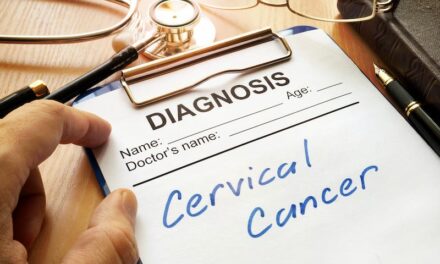The Nobel Prize-winning discovery of the causal link between human papillomavirus (HPV) and cervical cancer has spurred lifesaving prevention technologies—such as HPV testing and HPV vaccines—that are helping to eradicate cervical cancer globally. The Nobel Prize Committee today announced that Professor Harald zur Hausen at the German Cancer Research Center in Heidelberg will receive this year’s Nobel Prize in Medicine/Physiology for the discovery of certain human papillomaviruses (HPV) as the primary cause of cervical cancer.
Expanding on Professor zur Hausen’s research, QIAGEN has developed and begun to market the digene® HPV Test, a screening test to detect the high-risk types of the HPV virus that cause cervical cancer. QIAGEN is also developing careHPV, a new HPV test specifically for use in regions of the world with scarce resources.
“Professor zur Hausen has revolutionized cancer research and in particular cervical cancer research. His pioneering discoveries made the development of vaccines and novel diagnostics—including our HPV testing platform—possible, and today women around the world are benefiting from dramatically improved cervical cancer testing, treatment and prevention technologies. These innovations stem from zur Hausen’s initial discoveries,” said QIAGEN CEO Peer Schatz.
The Nobel Prize winner’s discovery that the human papillomavirus causes cervical cancer has ushered in a new field of cancer-focused HPV genetics research. The identification of the causal role of the HPV virus in cervical cancer spurred research teams to identify the high-risk types of HPV most commonly linked to cervical cancer, then create molecular diagnostic tests to identify the presence of these high-risk types in cervical cells.
“Professor zur Hausen’s seminal work spurred a new field of cancer research and, ultimately, a new generation of diagnostics and prevention technologies,” said Dr. Attila Lorincz, Professor of Molecular Epidemiology at the Wolfson Institute of Preventive Medicine (UK) and Chairman of QIAGEN’s Women’s Health Scientific Advisory Board. "With the combination of Pap and HPV testing for women age 30+ and the availability of a vaccine to immunize young girls against certain strains of the virus before HPV exposure, the promise of the global eradication of cervical cancer is near.
The development of these prevention technologies is the outgrowth of Professor zur Hausen’s discoveries. QIAGEN built on these discoveries and developed lifesaving testing technologies that today enable the identification of HPV—the cause of cervical cancer— before it can develop into disease, cause suffering and take lives.” Dr Lorincz led QIAGEN’s development of the first ever diagnostic test for the high-risk types of HPV associated with cervical cancer.


